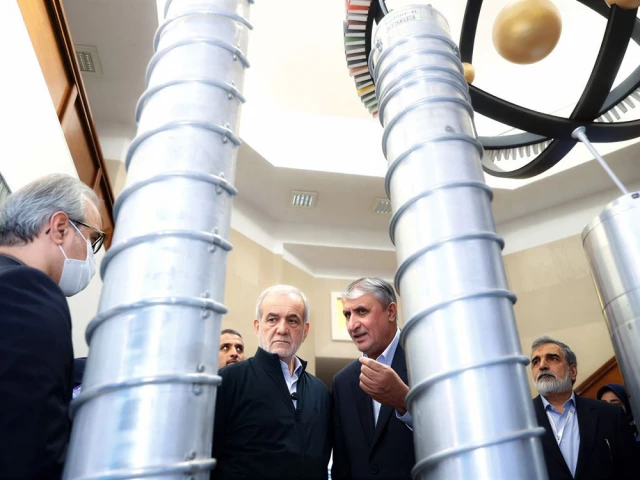• PML-N minister strongly advocates for Hazara province
• PPP lawmaker calls for creation of South Punjab province
ISLAMABAD: Like every year, the National Assembly on Friday once again echoed with the familiar demand for creating new provinces in the country during the general debate on the federal budget.
Taking part in the debate on the budget for the next fiscal year, Federal Minister for Religious Affairs Sardar Muhammad Yousuf forcefully demanded carving out Hazara province in Khyber Pakhtunkhwa whereas PPP’s Syed Murtaza Mahmud called for bifurcating Punjab to create South Punjab province.
“I demand that wherever it is administratively viable, new provinces should be created in the country. Hazara province as well as other provinces should be made to resolve the public issues and to meet people’s needs,” declared the minister who belongs to the ruling PML-N.
He accused the provincial PTI government of neglecting Hazara region in general and Mansehra in particular, alleging that the people of the area were being deprived of their fundamental rights. He said Mansehra had a population of more than 300,000 people who do not even have access to clean drinking water.
“The PTI’s provincial government is least interested in provision of basic facilities to the people of Mansehra,” he went on saying, while stressing the need for creating Hazara provinces.
Drawing attention of the house towards the ongoing movement for the Hazara province in KP, he said the only solution to the country’s problems was the creation of new provinces.
He further said the main purpose of the parliament was to discuss the problems of the people and suggest their solutions.
Similarly, participating in the budget debate, PPP MNA from Rahim Yar Khan Murtaza Mahmud urged all the political parties to sit together to discuss formation of South Punjab province in order to remove the sense of deprivation among the people of the region.
Mr Mehmud said that presently Punjab comprised 60 per cent of Pakistan because of which “anti-Punjab slogan has become popular in smaller provinces”. He was of the view that South Punjab province was necessary for Pakistan.
On June 17, PPP’s Abdul Qadir Gilani had also decried the Punjab government’s discriminatory policy towards south Punjab, stating that sense of deprivation was increasing among the people in the region.
He had regretted that only three development schemes had been announced for the region whereas some 40 plans had been announced for Lahore and central Punjab.
“I don’t know when will we get rid of Takht-i-Lahore [Lahore Kingdom]? But we will continue our struggle,” said Mr Gilani, who is the son of Senate Chairman Yousuf Raza Gilani, in an apparent reference to the demand for a separate South Punjab province.
He praised the previous PTI government for setting up South Punjab Secretariat in Bahawalpur, urging the government to make it functional.
Meanwhile, taking part in the budget debate, PTI’s Junaid Akbar Chaudhry, who is also the chairman of the Public Accounts Committee (PAC), criticised the government’s economic policies.
In an apparent reference to the party’s stance that the previous elections were heavily rigged, the PTI leader said the treasury benchers knew that those who counted votes were more important than those who polled the votes, adding that “they also know that those who have brought them into power, can bring them into power again.”
Mr Chaudhry claimed that the courts had become redundant as they had been unable to deliver justice after the 26th Constitutional Amendment and went on suggesting conversion of courts’ buildings into universities.
Arrest powers
Earlier in the day, Minister of State for Finance and head of the Prime Minister’s Delivery Unit Bilal Azhar Kayani addressed the National Assembly, in which he responded to the criticism on the government’s move to empower tax officials to make arrests at the inquiry stage in sales tax cases.
The minister said that for the first time in the parliamentary history, the budget had been minutely discussed in the NA Standing Committee on Finance. He said the finance minister and the officials of the ministry regularly attended meetings of the committees of both the houses of the parliament.
Mr Kayani claimed that economic stability had been achieved while fulfilling IMF conditions and simultaneously providing public relief. He said the National Tariff Policy would be a cornerstone of PM Shehbaz Sharif’s vision to boost exports and drive economic growth.
He expressed the hope that the current IMF programme would be Pakistan’s last one, once the economy achieved sustainable growth and became self-reliant through dollar-earning exports.
The National Assembly will now meet on Monday morning.
Published in Dawn, June 21st, 2025




